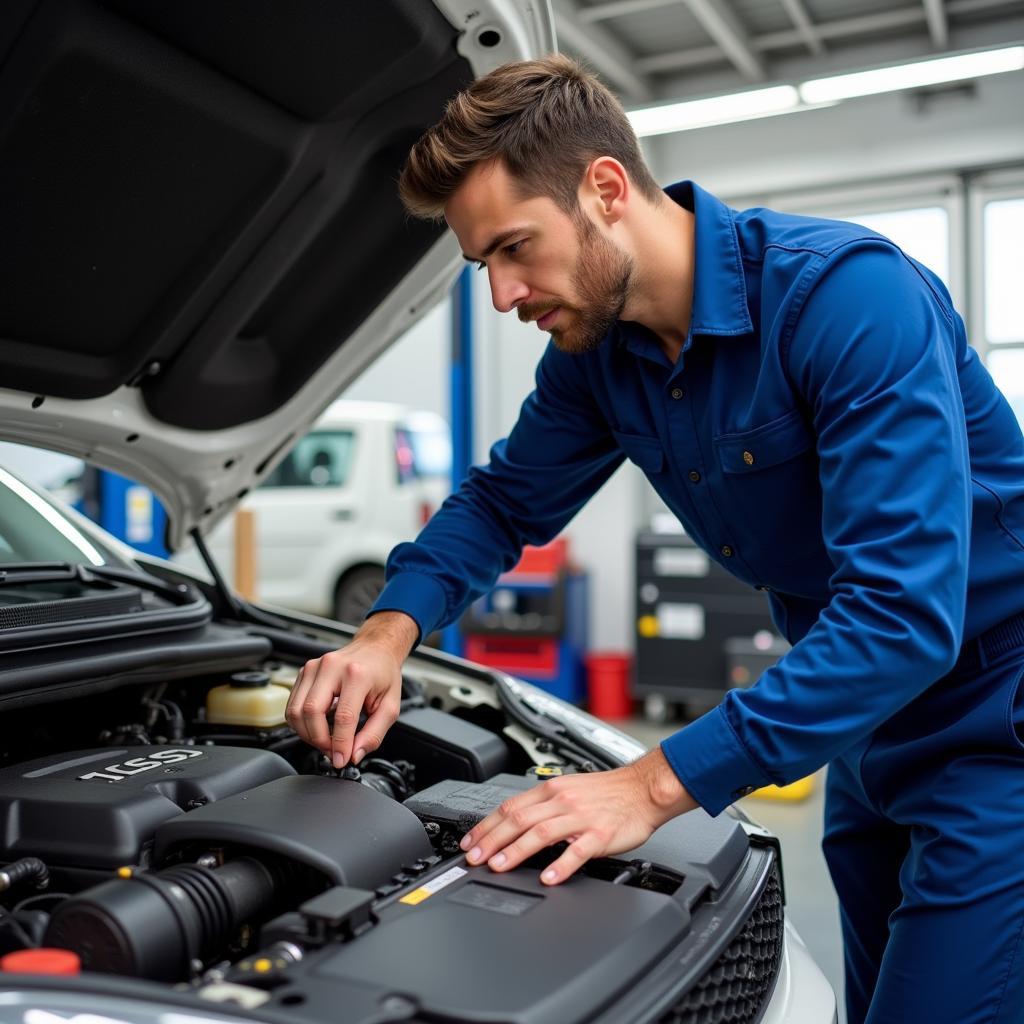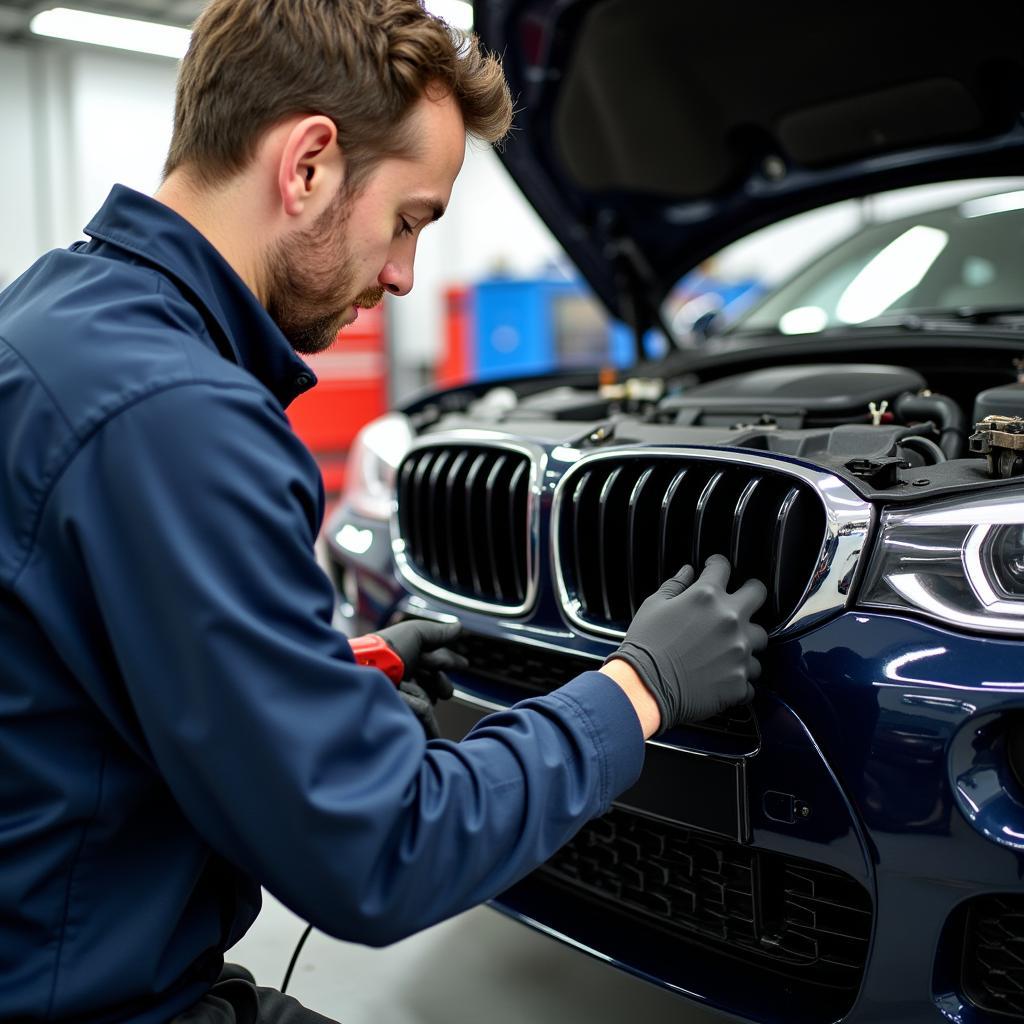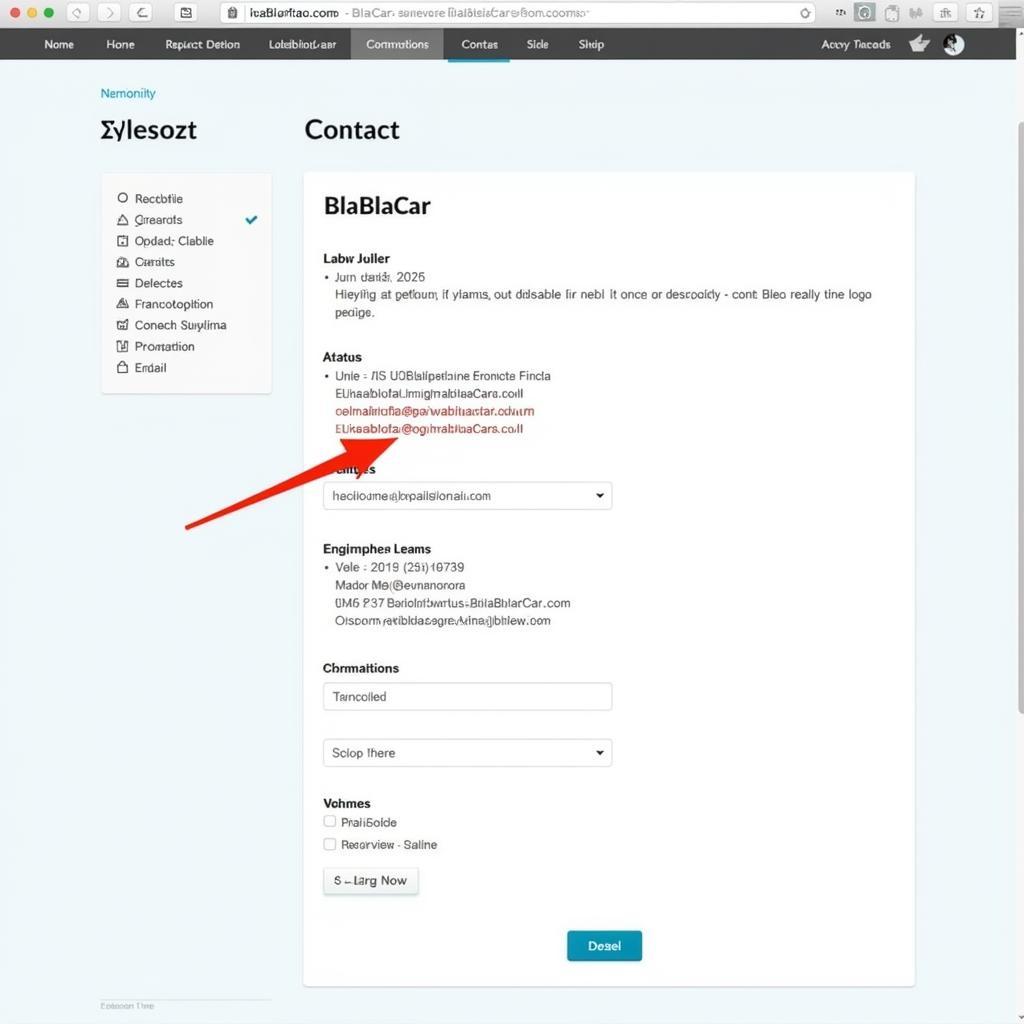How Important Is Servicing Your Car?
Owning a car comes with responsibilities, and regular servicing is right up there at the top of the list. You wouldn’t skip a doctor’s appointment for your health, would you? Think of car servicing the same way – it’s essential for the health and longevity of your vehicle. But just How Important Is Servicing Your Car, really? Let’s dive into why consistent car maintenance is about more than just a smooth ride.
Why Car Servicing Is Non-Negotiable
We get it, life gets busy, and sometimes car servicing feels like another task on your to-do list. But the truth is, regular servicing is about much more than just ticking a box. It’s about:
- Safety First: Your car is a complex machine, and regular checkups help ensure all the vital components are in tip-top shape. From brakes to tires to engine performance, servicing catches potential issues before they become major (and potentially dangerous) problems on the road.
- Saving Money in the Long Run: Think of car servicing as a preventative measure. Addressing minor issues early on can prevent them from snowballing into costly repairs down the line. Regular oil changes, for example, can significantly extend the life of your engine.
- Maintaining Your Car’s Value: A well-maintained car with a comprehensive service history is a more attractive prospect to potential buyers. Regular servicing can significantly increase your car’s resale value.
 Regular car service benefits
Regular car service benefits
What Happens During a Car Service?
Car servicing isn’t a one-size-fits-all approach. The specifics depend on your car’s make and model, age, mileage, and your driving habits. However, a standard service typically includes:
- Oil and Filter Change: The lifeblood of your engine, fresh oil and a new filter keep things running smoothly.
- Fluid Checks: This includes your brake fluid, coolant, power steering fluid, and more, ensuring everything is topped up and functioning correctly.
- Tire Inspection and Rotation: Proper tire pressure and regular rotation ensure even wear and tear, maximizing their lifespan and optimizing fuel efficiency.
- Brake Inspection: Perhaps the most critical safety aspect, your brakes are thoroughly checked for wear and tear, and any necessary adjustments are made.
- Battery Test: A quick check ensures your battery is charged and ready to go, preventing those dreaded dead-battery mornings.
How Often Should You Service Your Car?
The golden rule? Always refer to your car manufacturer’s recommendations outlined in your owner’s manual. However, a general guideline is:
- Every 3,000 miles or 3 months: Oil and filter change, along with a basic inspection.
- Every 6,000 miles or 6 months: More in-depth inspection, including air filter replacement, brake check, and fluid top-ups.
- Every 12,000 miles or 12 months: Comprehensive service, including all the above plus spark plug replacement, tire rotation, and more.
Listening to Your Car: The Signs You Shouldn’t Ignore
Sometimes, your car will tell you it needs a service before a scheduled appointment. Keep an ear out for these warning signs:
- Unusual Noises: Strange knocking, screeching, or grinding sounds are not to be ignored.
- Warning Lights: Don’t ignore those dashboard warning lights – they’re trying to tell you something!
- Fluid Leaks: Unexplained puddles under your car could indicate a leak.
- Vibrations: Excessive vibrations, especially while braking or accelerating, could be a sign of trouble.
Car Servicing: An Investment, Not an Expense
Remember, regular car servicing isn’t just about keeping your car running; it’s about:
- Peace of Mind: Knowing your car is in top shape gives you the confidence to hit the road safely.
- Protecting Your Investment: Your car is a significant investment – regular servicing helps protect it and ensures it lasts for years to come.
- A Smoother Ride: A well-maintained car simply runs better, offering a smoother, more enjoyable driving experience.
Investing in regular car servicing is investing in your safety, your wallet, and your peace of mind.

